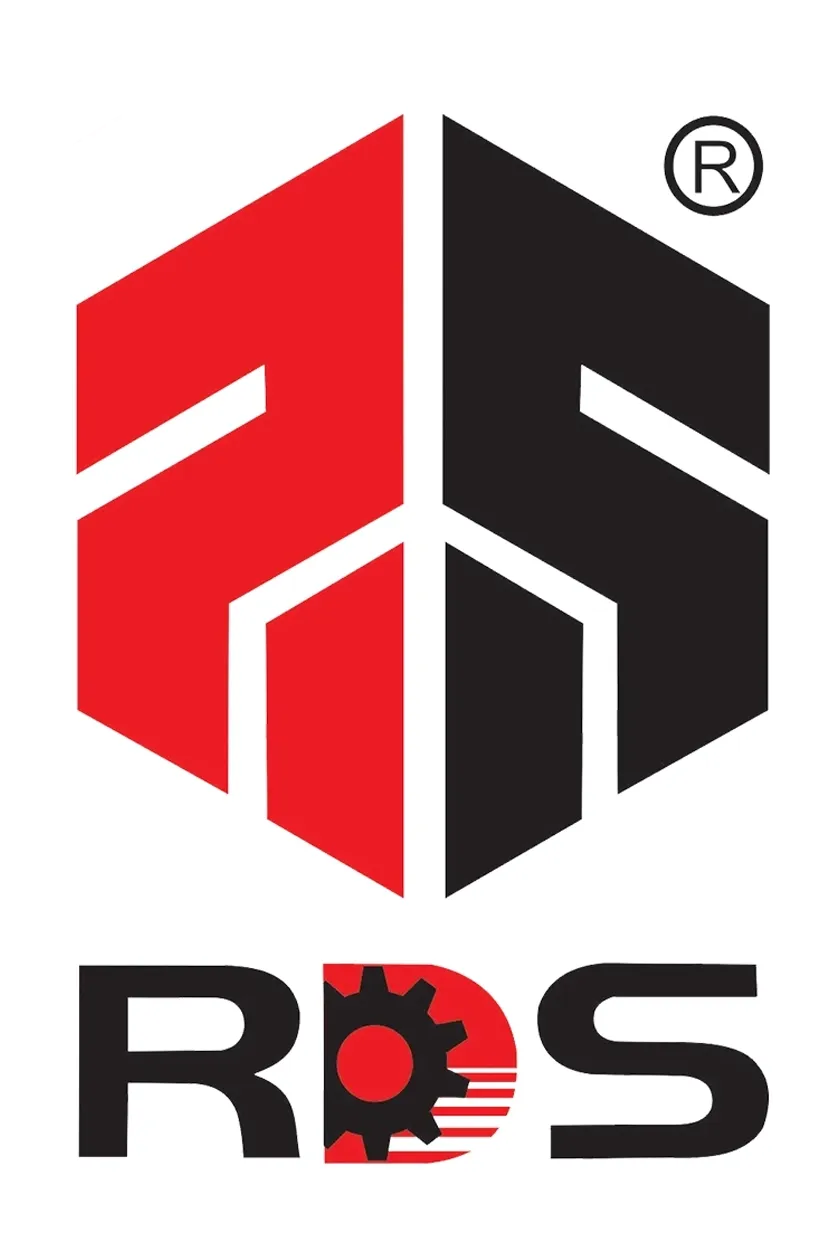Comparisons of G10, G11, FR4, and FR5 Epoxy Fiberglass Materials
G10, G11, FR4, and FR5 are all epoxy glass cloth laminates. Their key differences lie in temperature resistance, flame retardancy, and material composition, while sharing identical substrate structures and core functionalities.
- Common characteristics
The substrate is the same, using epoxy resin as the binder, alkali free glass cloth as the reinforcement material, and laminated process molding. All four materials have excellent insulation properties, mechanical strength and processability, mainly for electrical insulation and structural support purposes.
All can resist weak acid, weak alkali, most organic solvents and neutral medium, but has poor tolerance to strong oxidants, strong acids and strong alkalis.
- Key differences
1. Temperature resistance grade
G10: Continuous use temperature resistance is about 120℃, which is the conventional temperature resistance level.
FR4: Continuous use temperature resistance is about 130℃, slightly higher than G10.
G11: Continuous use temperature resistance is about 150℃, using modified epoxy resin, high temperature resistance improvement is obvious.
FR5: With a continuous temperature resistance of approximately 150°C, matching the G11 temperature rating, it is suitable for high-temperature applications.
2. Flame retardancy
G10, G11: No flame retardant added, no flame retardant performance, belongs to non-flame retardant grade.
FR4 and FR5: both are flame retardant grade, in line with UL94 V0 standard, with bromine series or halogen-free flame retardants added.
3. Ingredients and Performance Details
Resin difference: G11 and FR5 use high temperature resistant modified epoxy resin with higher crosslinking degree; G10 and FR4 are ordinary epoxy resin.
Mechanical strength: the strength retention rate of G11 and FR5 is better than that of G10 and FR4 under high temperature, and the difference among them is not big at room temperature.
Cost comparison: G11> FR5> FR4> G10
4. Application scenarios
G10: Conventional mechanical structural parts and general insulation parts (such as mold pad, ordinary electrical partition) without flame retardant requirements.
FR4: The core insulation of electronic equipment (PCB accessories, power partition) and electrical components with flame retardation requirements are the most widely used.
G11: High temperature environment mechanical/insulating parts (e.g., high temperature equipment bracket, motor high temperature resistant gasket) without flame retardant requirements.
FR5: high temperature scenarios with flame retardation requirements (such as insulation of high-power electronic devices, flame retardation partition for high-temperature equipment).
-
Technical data comparison
Parameter
G10
G11
FR4
FR5
Continuous use temperature
≈120℃
≈150℃
≈130℃
≈150℃
Short term temperature peak
≈150℃
≈180℃
≈150℃
≈180℃
Flame retardant rating
Non-flame retardant (HB or V2)
Non-flame retardant (HB)
V0(UL94)
V0(UL94)
density
1.75–1.90 g/cm³
1.80–1.95 g/cm³
1.70–1.90 g/cm³
1.80–1.95 g/cm³
Bending strength (normal)
≥300 MPa
≥340 MPa
≥340 MPa
≥340 MPa
Insulation resistance after immersion
≥5.0×10¹⁰ Ω
≥5.0×10¹⁰ Ω
≥5.0×10⁸ Ω
≥5.0×10¹⁰ Ω
Electrical strength (oil at 90℃)
≥14.2 kV/mm
≥14.2 kV/mm
≥14.2 kV/mm
≥14.2 kV/mm
Dielectric constant (50 Hz)
≤5.5
≤5.5
≤5.5
≤5.5
Dielectric loss factor (50 Hz)
≤0.04
≤0.04
≤0.04
≤0.04
Water absorption (24h)
0.1–0.6%
0.1–0.2%
0.1–0.2%
0.1–0.2%
Thermal expansion coefficient (CTE)
≈8.3–10.0×10⁻⁶/℃
≈5.5–6.6×10⁻⁶/℃
≈7.2–9.0×10⁻⁶/℃
≈5.5–6.6×10⁻⁶/℃
main application
Non-flame retardant machinery/insulation
High temperature non-flame retardant parts
Flame retardant insulation for electronic equipment
High temperature flame retardant insulation
RDS Composite manufactures a variety of epoxy laminates with temperature resistance ratings from Class B to Class C, meeting quality standards such as NEMA, DIN, and GOST. Our products are carefully managed from raw material procurement through the entire production process to ensure they meet international standards. We are committed to providing you with reliable quality products and timely delivery of services.
 EN
EN






















